Amino Acids
Amino acids are vital for all living beings to build proteins. Amino acids and proteins are the building blocks of life.
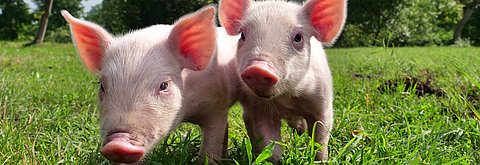
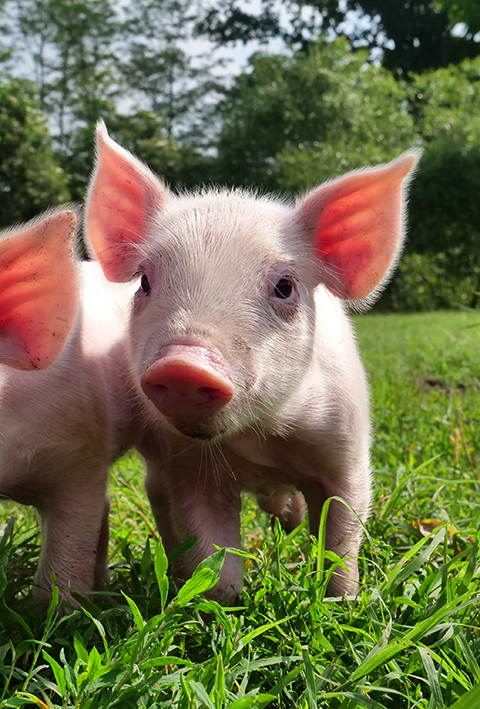

Pigs have been kept as farm animals for over 10,000 years. Today, slightly more than one third of global meat production comes from pigs. Despite large regional differences, the combination of breeding, husbandry optimisation and needs-based feeding has made high efficiency in pig production possible to a large extent.
Pigs have nearly four times the amount of taste buds as humans. This makes their perception and differentiation of taste and smell far more pronounced, as can be seen in truffle pigs.
Using synthetic amino acids can save up to 4%-points crude protein without any negative effect on the health and performance of pigs.
Pork ranks second for the lowest environmental footprint among meat products. However, this efficiency often poses systemic challenges and places ever higher demands on feeding and (regional) feed quality.
Feeding concepts focus on improving intestinal health, in particular to reduce diarrhoeal diseases after weaning and to maintain the health and longevity of high-yielding sows.
The aim is to reduce the global use of antibiotics (in line with SDG 3 of the WHO One Health concept). In addition, the increasing integration of local by-products to reduce feed and food competition and independence from soy imports will play a major role in pig nutrition in the future.
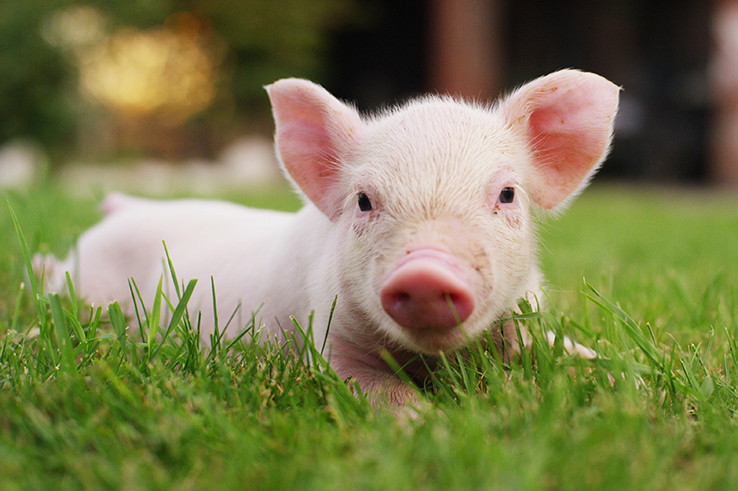
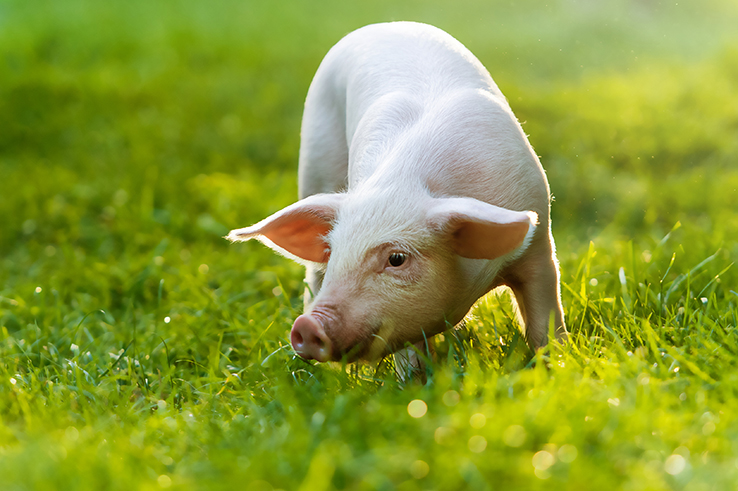
Given the clear sensory superiority, it is not difficult to imagine why the smell and taste of feed is so important in pig feeding.
Attractive flavours can contribute to improving the welfare of the animals by offering inquisitive animals new stimuli as a kind of environmental enrichment.
The Cuxarom range of flavours by Kaesler Nutrition gives you a wide variety to choose from.

For further information or if you need help in finding the right product or solution, please contact us.
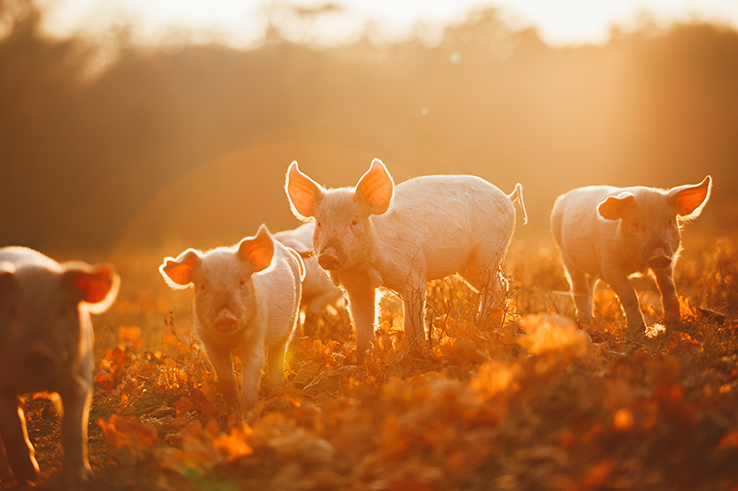
Changing the feed over several phases is a challenge for feed intake. Using the same flavour in the feeding of piglets and fattening pigs is a useful and practical way to stimulate feed intake and better overcome stressful situations. This was investigated in two acceptance trials.
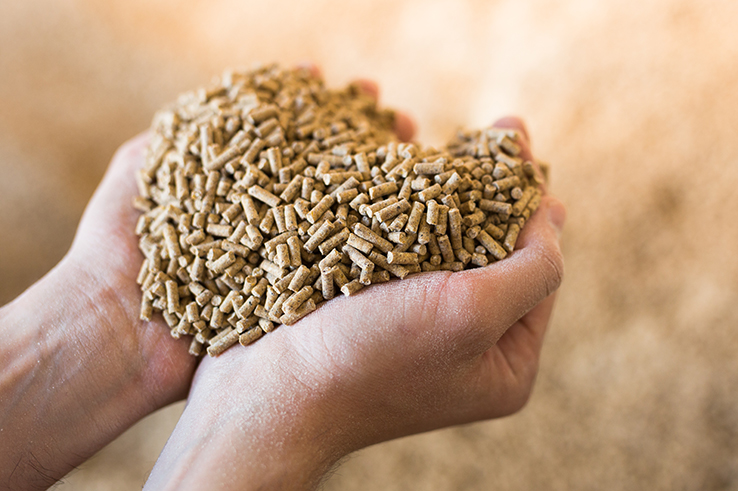
Linseed oil and soybean oil are commonly used raw materials in the animal feed industry, which is why the effectiveness of Loxidan PRD 100 was tested in these vegetable oils as models for fats.
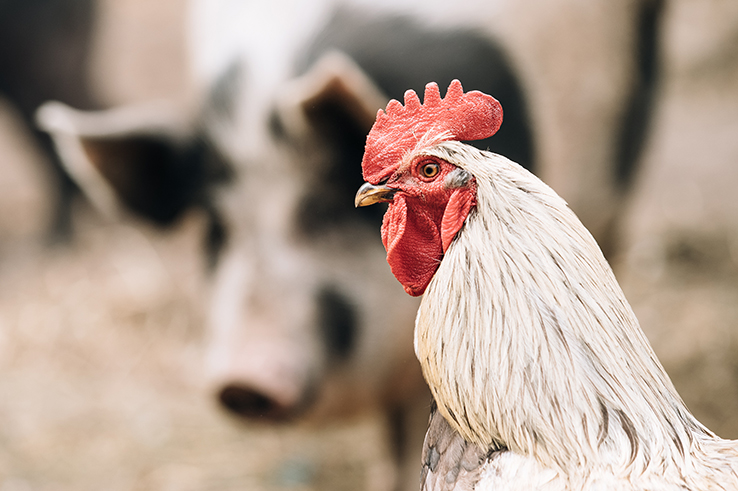
The effect of Enzy Carboplus on nutrient digestibility and zootechnical performance was proven in numerous scientific trials at international institutes within the framework of the approval process.
